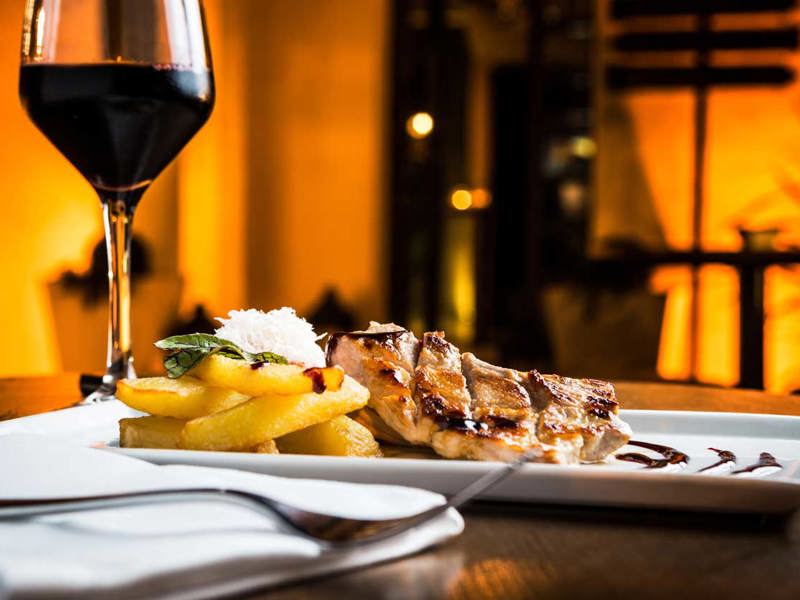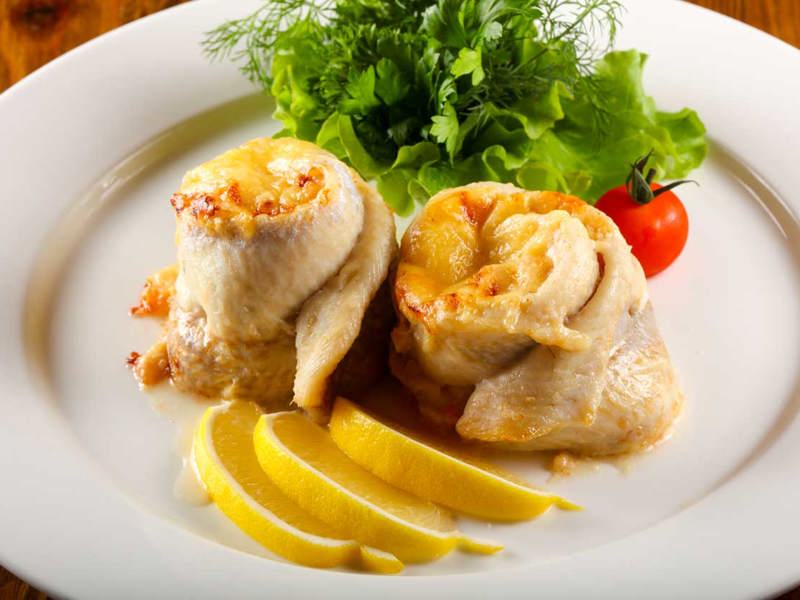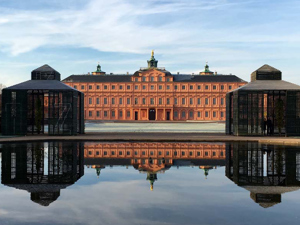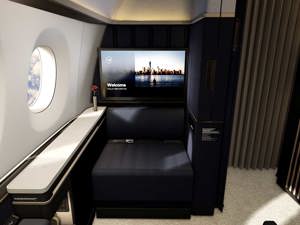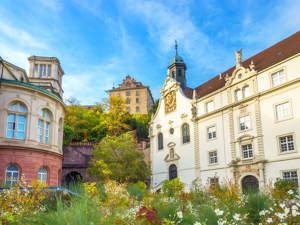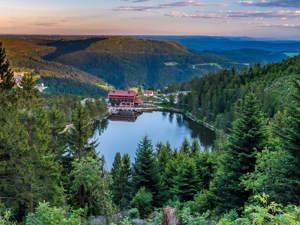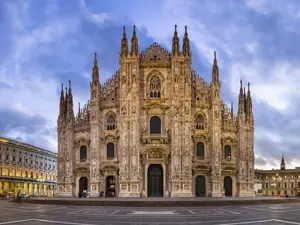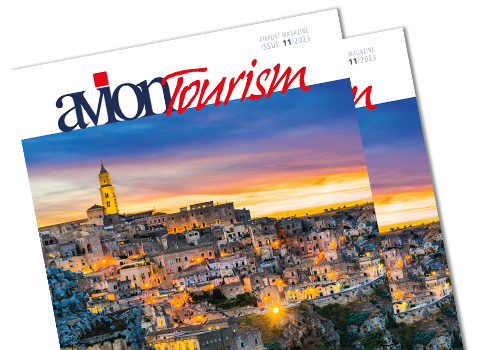The fan-shaped city
Located in the heart of Europe and a stone's throw from the Black Forest, the German city of Karlsruhe invites visitors to explore its rich history, culture, innovation, and natural surroundings. The city is renowned for its fan-shaped urban layout, emanating from the famed Karlsruhe Castle, a prime example of urban architecture.
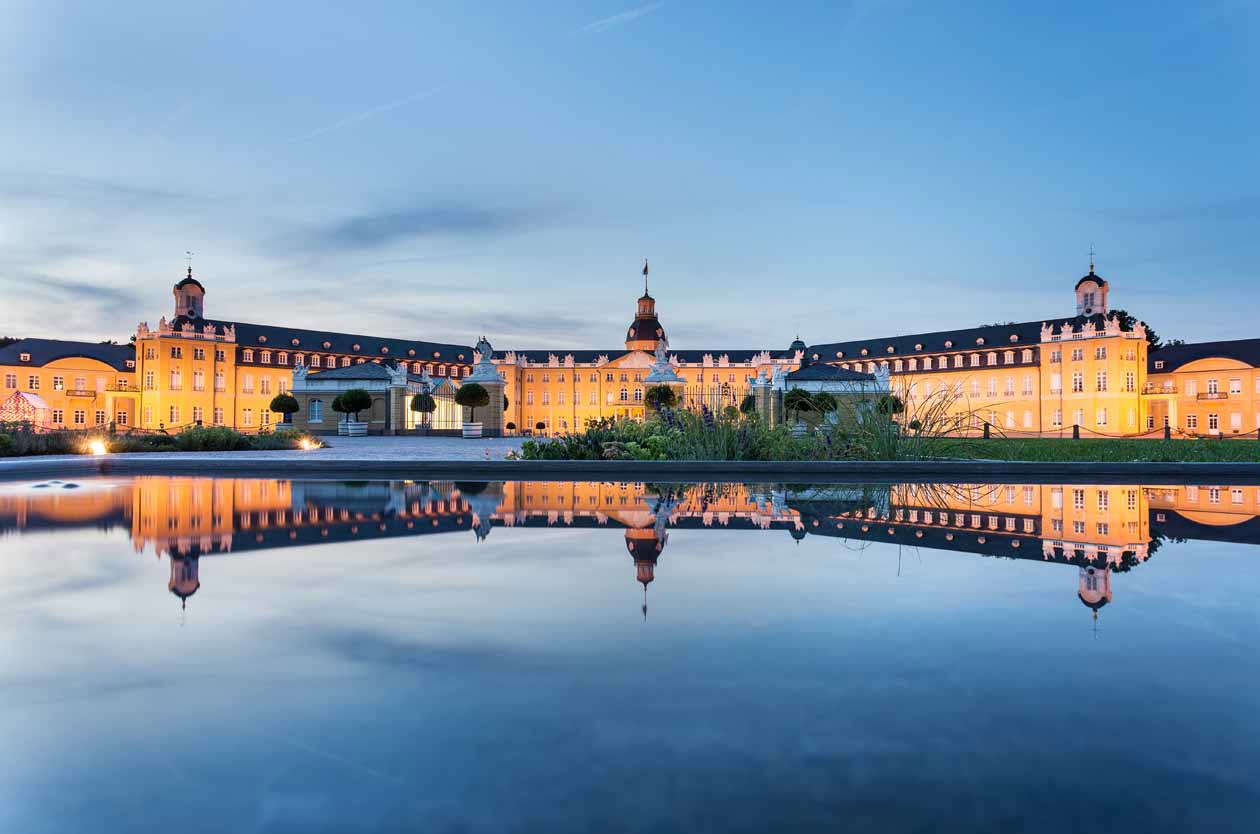
Karlsruhe Castle Copyright © Sisterscom.com / Depositphotos
Founded in 1715 by Margrave Charles III William of Baden-Durlach (1679-1738), Karlsruhe boasts a fascinating history mirrored in its urban structure. In 1715, the Margrave chose to build his new residence in the Hardtwald Forest, positioning an octagonal tower at the center of the Castle (a lavish Baroque palace) from which thirty-two streets radiate like sun rays, giving the city its fan shape.
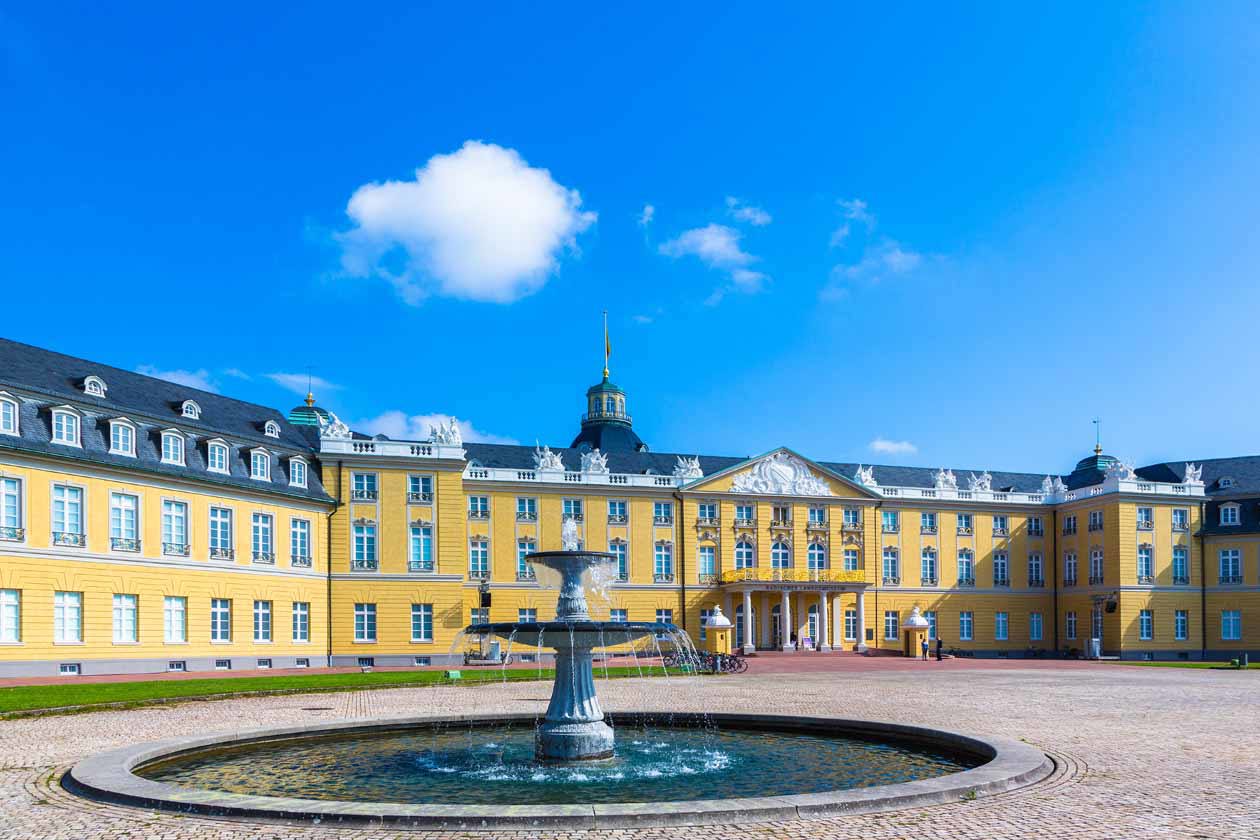
Karlsruhe Castle with fountain Copyright © Sisterscom.com / Depositphotos
The architect Jakob Friedrich von Batzendorff from Durlach conceived the project known as 'Carols Ruhe' (Charles's Rest), while Heinrich Schwartz from Hamburg oversaw its realization. Although Karlsruhe lacks a medieval historic center like other German cities, its unique fan-shaped model also inspired the design of Washington, D.C., following Thomas Jefferson's visit in 1788.
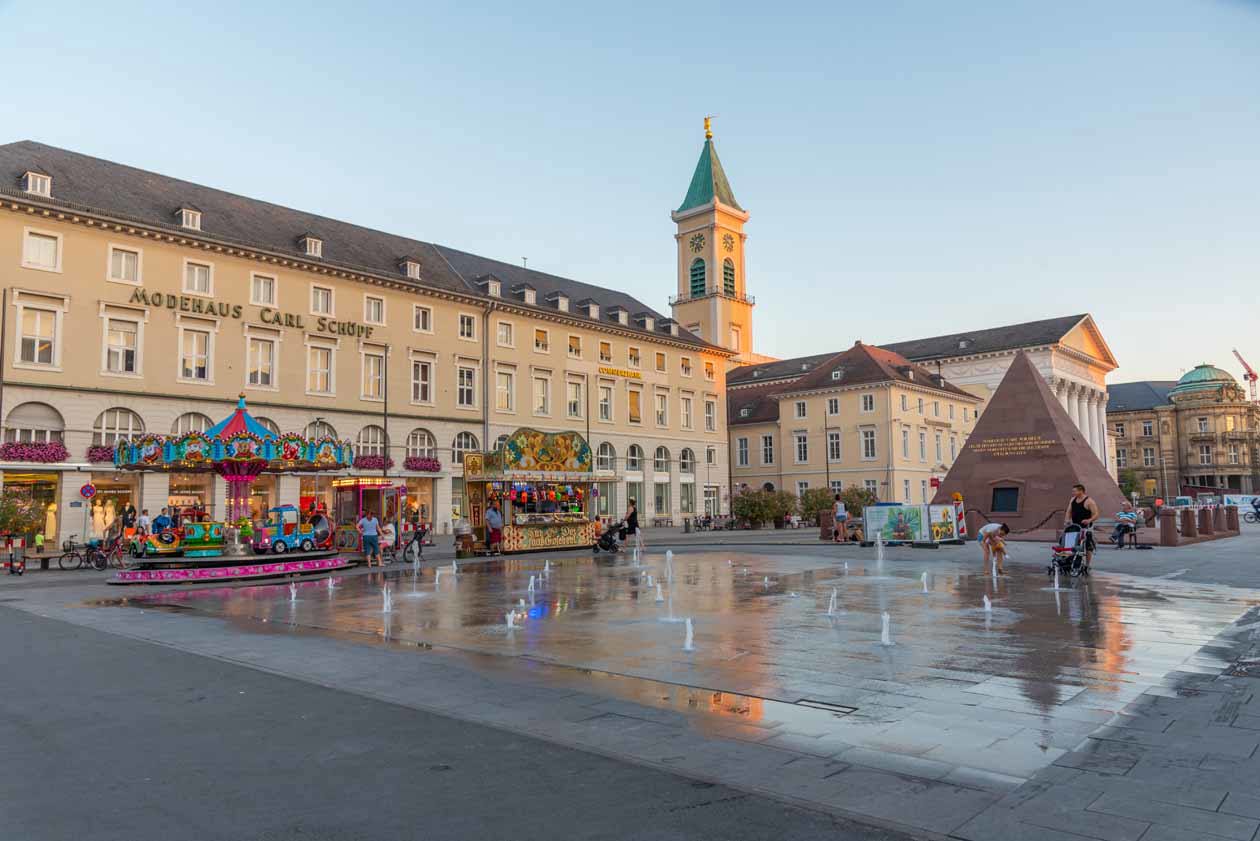
Karlsruhe Market Square (Marktplatz) Copyright © Sisterscom.com / Depositphotos
Karlsruhe's Market Square (Marktplatz), an example of classical architecture in Europe, is the city’s heart where the Protestant City Church (Stadtkirche) with its imposing Corinthian columns can be admired. Opposite stands the Town Hall (Rathaus), along with the city's symbolic monument: a seven-meter-high red sandstone pyramid that marks the tomb of Margrave Charles III William (the city's founder and namesake), inspired by Napoleon's Egyptian campaign in 1798, when the ancient Egyptian style spread across Europe.
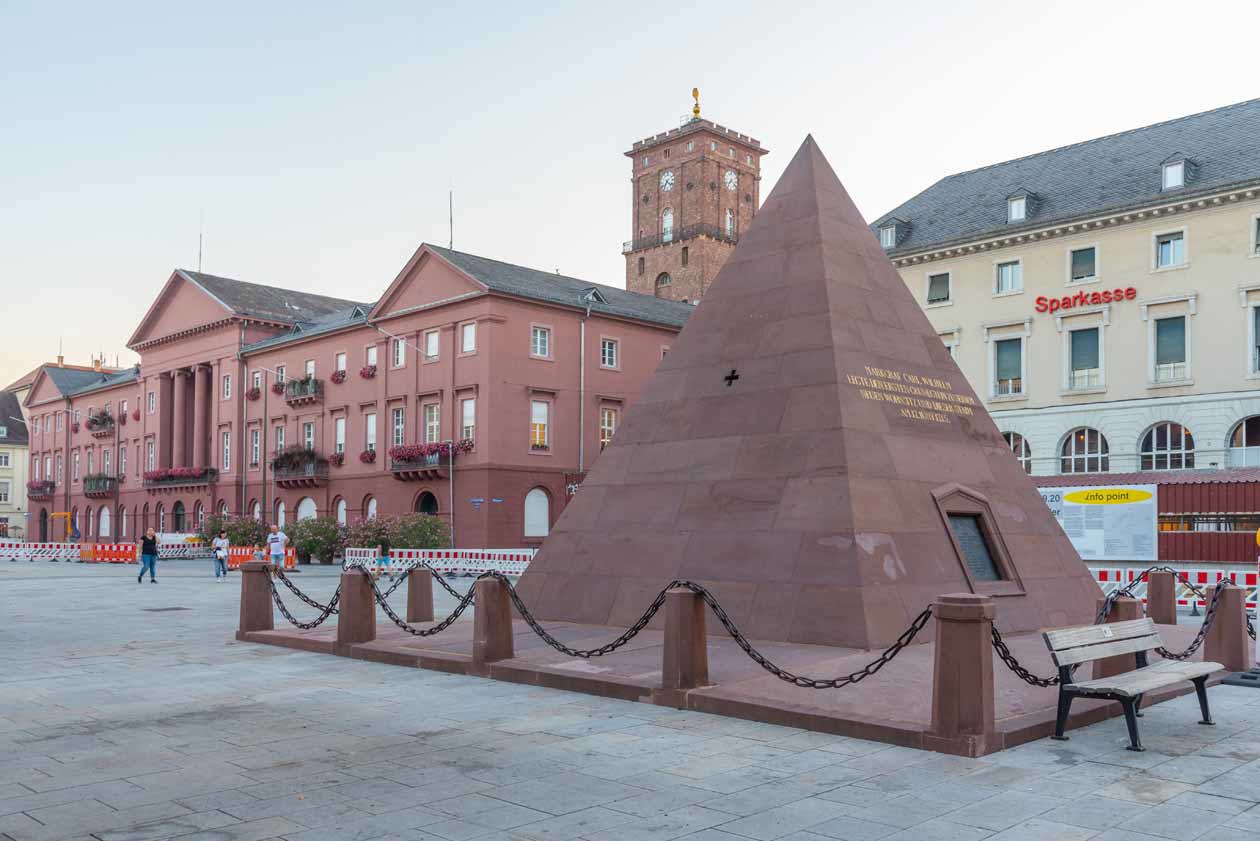
Pyramid monument in Karlsruhe Copyright © Sisterscom.com / Depositphotos
Karlsruhe is renowned not only for its architecture but also as a cradle of innovation. Here, Carl Benz, the inventor of the automobile, was born, and physicist Heinrich Hertz discovered electromagnetic waves at the city’s university. Currently, the Karlsruhe Institute of Technology (KIT) stands as one of the most influential research centers, formed from the merger of the local research center and the University of Karlsruhe.
The city also hosts prestigious museums that reflect its history, culture, and art. For example, the Karlsruhe Castle houses the Baden State Museum (Badisches Landesmuseum), ideal for exploring the region’s history through its artistic collections and artifacts. Additionally, the Castle Gardens (Schlossgarten) are perfect for a relaxing stroll among green spaces, fountains, sculptures, and a charming lake.
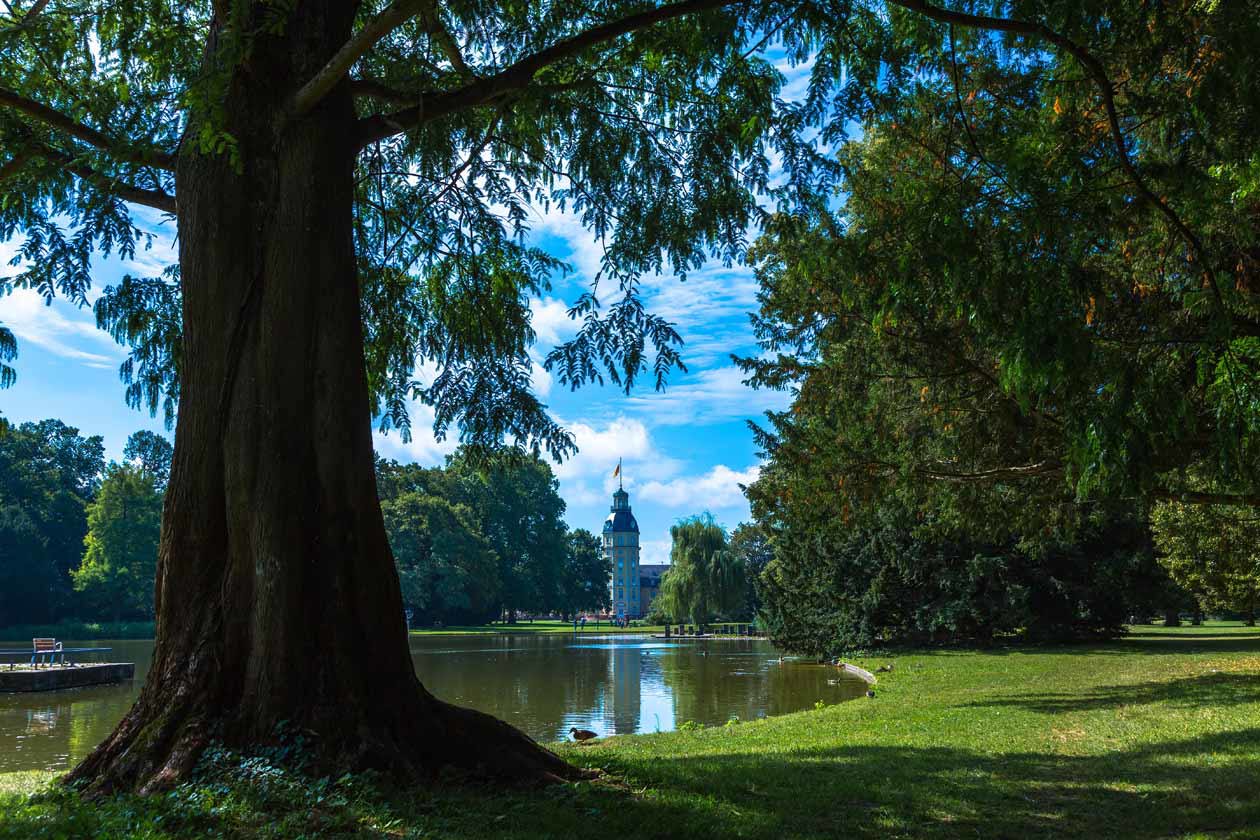
Karlsruhe Castle Lake with the octagonal tower Copyright © Sisterscom.com / Depositphotos
Other places of interest include the State Art Gallery (Staatliche Kunsthalle), the Municipal Gallery (Städtische Galerie), the Natural History Museum (Naturkundemuseum), and the ZKM (Center for Art and Media), an interactive hub for all media and genres of the 20th and 21st centuries. Notably, in 2019, Karlsruhe became the first German city to join the UNESCO Creative Cities Network in the Media Arts category.
Between visits, for a relaxing break, one can head to the Karlsruhe Municipal Gardens (Stadtgarten), which also includes a zoo and the Stadtgarten and Schwanensee lakes, representing one of the largest urban parks in Germany.
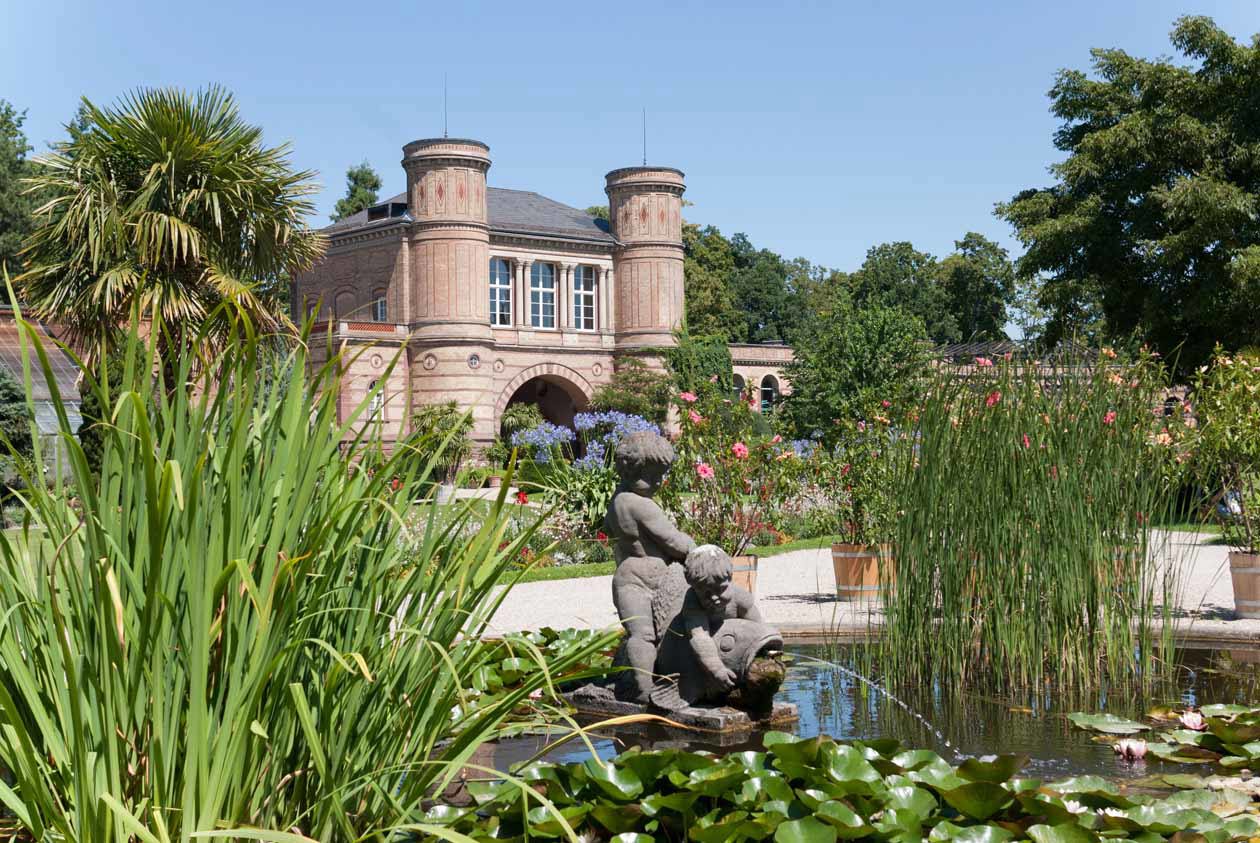
Karlsruhe Botanical Garden Copyright © Sisterscom.com / Depositphotos
For nature enthusiasts, Karlsruhe's proximity to the Black Forest offers endless opportunities for hiking, cycling, and outdoor sports. In Durlach, near Karlsruhe, the Turmberg Natural Park, accessible via a historic funicular, offers panoramic views over the city and the Rhine Valley.
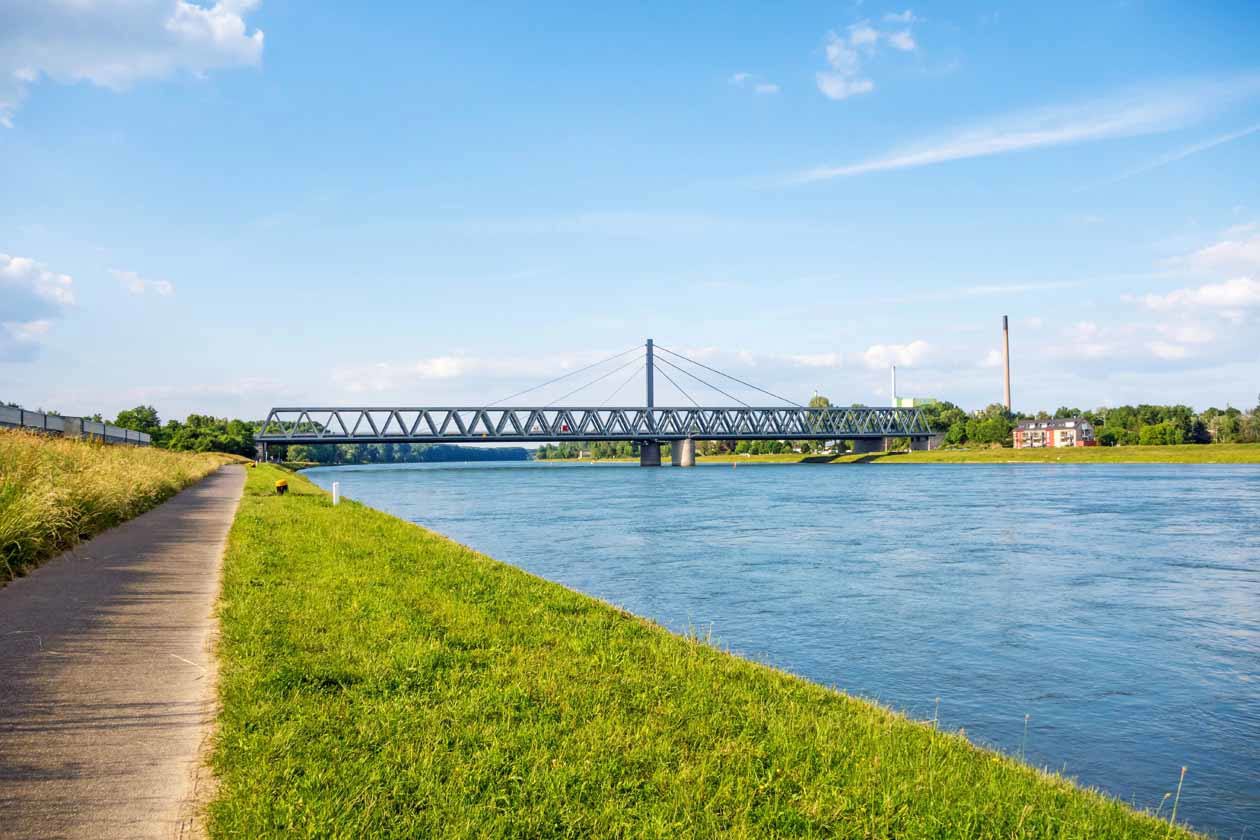
Karlsruhe Rhine Bridge with cycle path Copyright © Sisterscom.com / Depositphotos
The Rhine floodplains, parks, and green spaces invite enjoyment of nature and cycling thanks to the many bike paths. For those wanting to venture outside the city, a convenient city tram from Karlsruhe leads directly to the Black Forest or to nearby cities like Heidelberg and Baden-Baden.
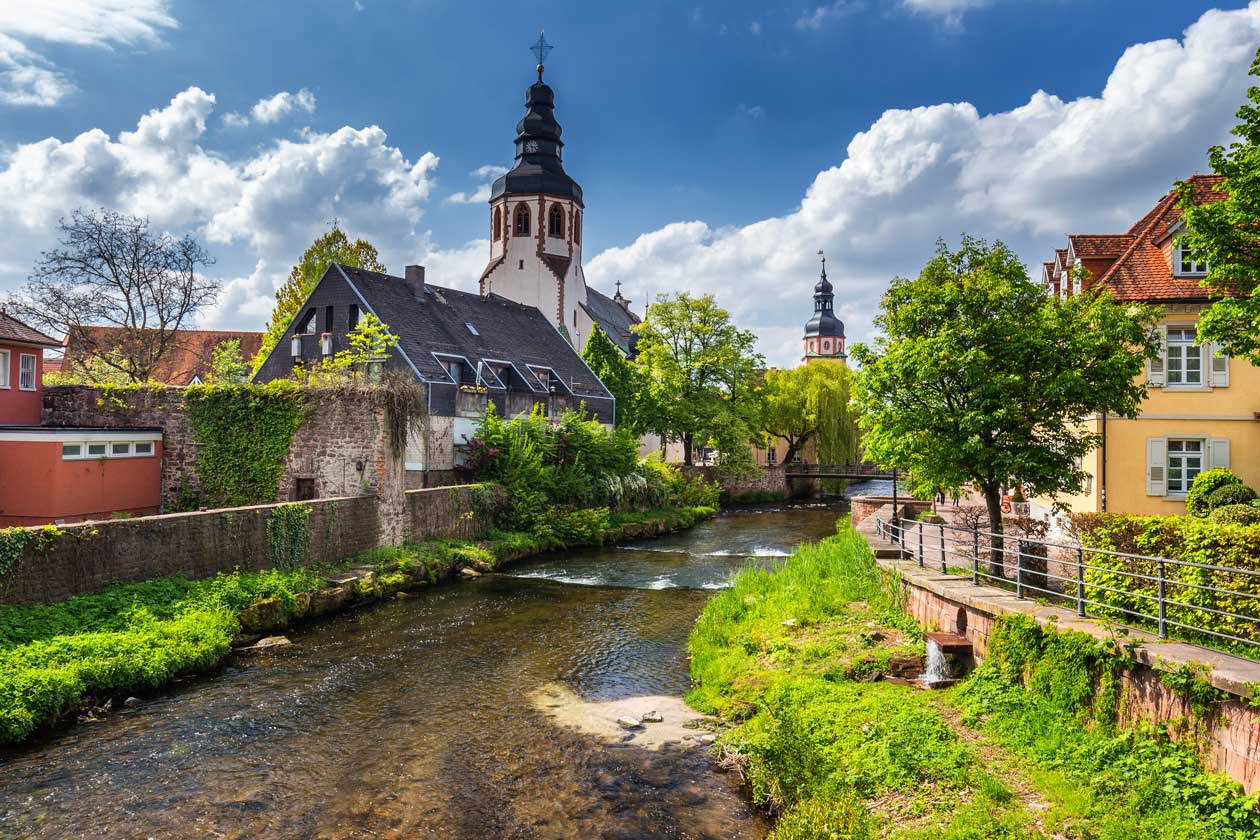
Cityscape along the Alb river in Ettlingen, Black Forest Baden-Wurttemberg. Copyright © Sisterscom.com / Depositphotos
For shopping, one can visit the Ettlinger Tor, the largest covered shopping center in southern Germany, or Kaiserstrasse, the longest shopping street in Baden with its adjacent streets full of luxury boutiques, antique shops, and art galleries, or the streets of Erbprinzenstrasse and Karlstrasse.
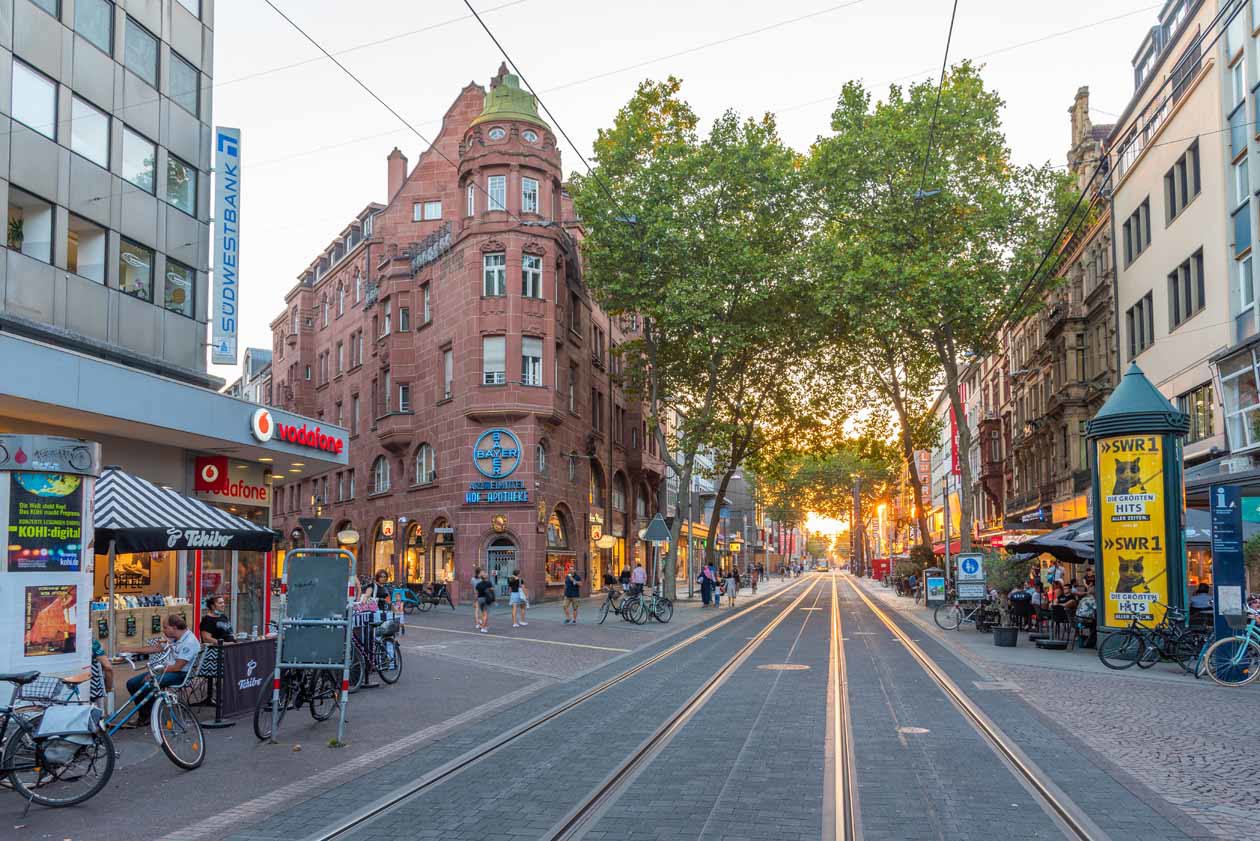
Streets of the center of Karlsruhe Copyright © Sisterscom.com / Depositphotos
Among the city's events, the Karlsruhe Light Festival, Schlosslichtspiele, is particularly beautiful, with suggestive projections of light effects on the facade of the Karlsruhe Palace that interpret different artistic forms simultaneously, from graphics to multimedia art to music, to give space to the creativity of young emerging artists. An event that does honor to Karlsruhe as a UNESCO City of Multimedia Arts and more.
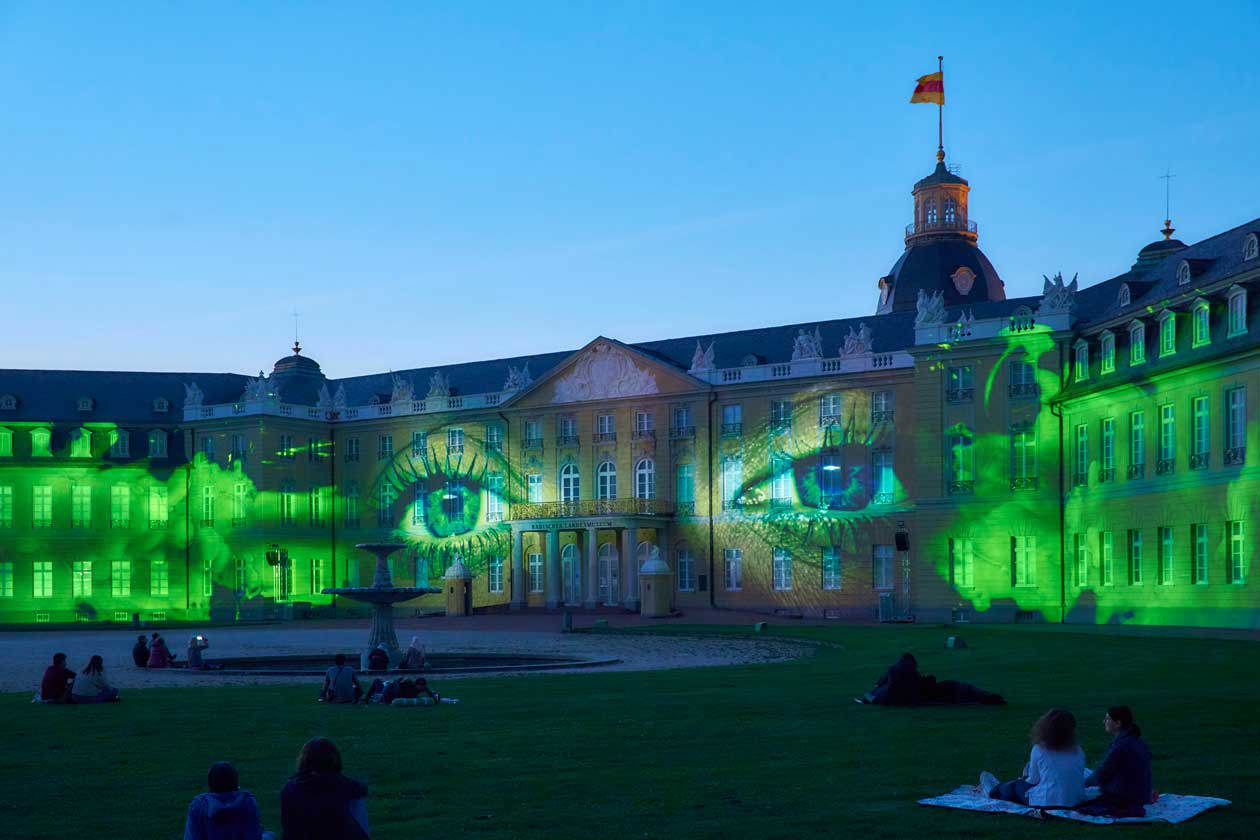
Karlsruhe, Schlosslichtspiele Copyright © KTG Karlsruhe Tourismus GmbH
Karlsruhe’s cuisine also adds to the city's charm, offering a mix of tradition and innovation with local culinary delights. One can try gourmet specialties such as Schweinefilet auf badische Art (pork fillet in a delicate wine sauce), Black Forest trout (boiled trout served with herbs), white asparagus, as well as tapas with ingredients from the Baden region, crispy chicken breast gratin with polenta on braised tomato ragù, or a passion fruit sorbet on sesame cream for dessert.
There are numerous restaurants, including Michelin-starred ones, where one can stop to try the local menus or the local market Marktplatz, where one can taste "Flammkuchen", a thin-crust pizza typical of Baden. Additionally, the breweries offer tastings of local craft beers, a way to discover the city's brewing art, which dates back to 1848. In August, one can attend the Karlsruhe Beer Exchange, the largest beer festival in Baden-Württemberg, held in the Castle Garden of Karlsruhe.
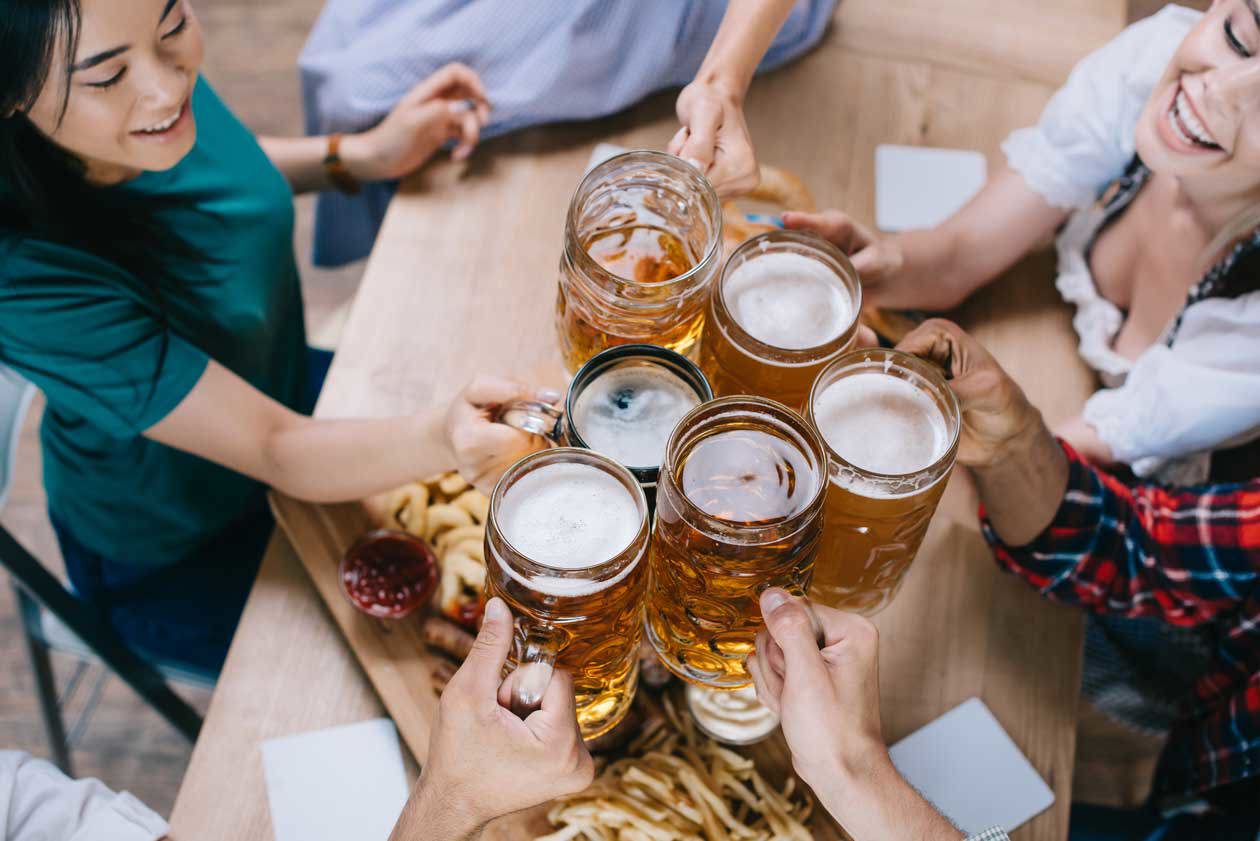
Beer Copyright © Sisterscom.com / Depositphotos
Finally, Karlsruhe's nightlife offers a wide selection of venues, from clubs to bars, from traditional pubs to trendy breweries, with the chicest cafés and venues located near Ludwigsplatz, ensuring a lively atmosphere to continue the evening.
Text by Angela Trivigno
Avion Tourism Magazine
Photos for editorial use only:
Copyright © Sisterscom.com / Depositphotos and © KTG Karlsruhe Tourismus GmbH
Tourism Board
www.karlsruhe-erleben.de - www.germany.travel
Partnership with Booking.com
Where to sleep in Karlsruhe
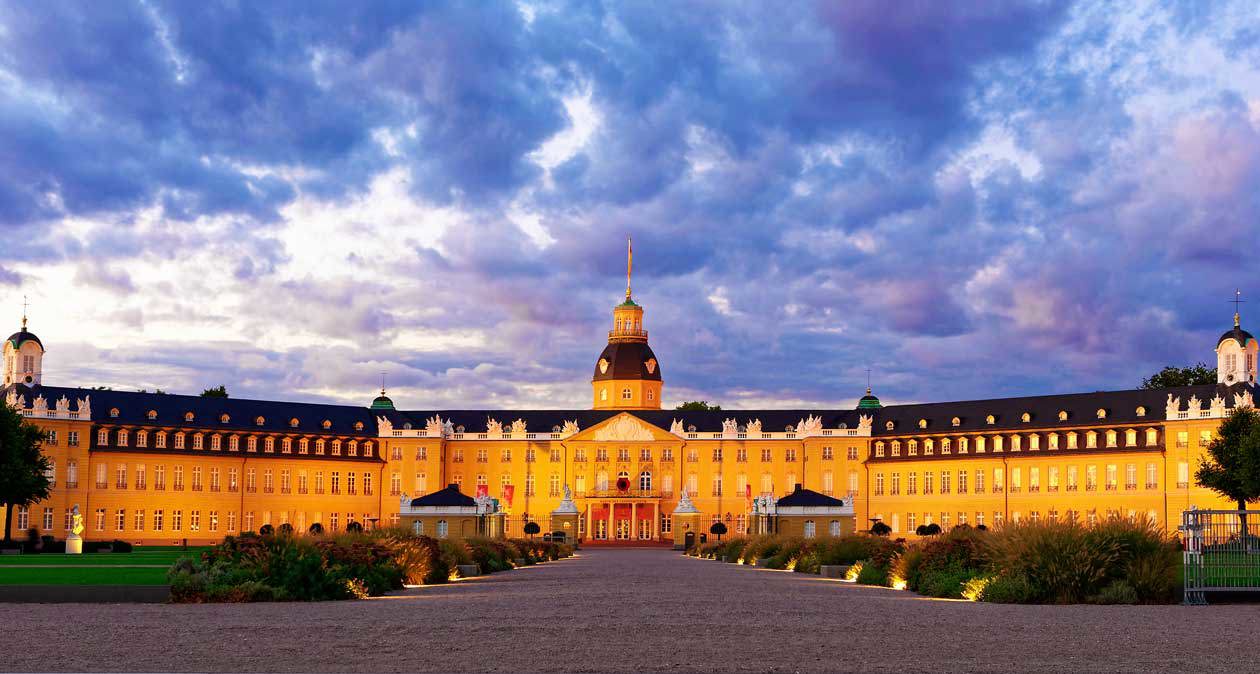 Karlsruhe Castle at sunset Copyright © Sisterscom.com / Depositphotos
Karlsruhe Castle at sunset Copyright © Sisterscom.com / Depositphotos Karlsruhe is a welcoming city and offers different possibilities for accommodation.
To find the ideal hotel and the best offers you can do a search for the stars but also for districts or landmarks.
STARS
Hotels for stars and by services:
HOUSES, B&Bs, HOSTELS
Stays in houses, B&Bs, hostels:
DISTRICTS
Hotels in the districts
LANDMARKS
Hotels in tourist areas
LANDMARKS
Hotels in tourist areas
REGIONE
Hotels in the region
- Baden-Württemberg
WHERE TO GO IN KARLSRUHE
Tourist attractions of Karlsruhe
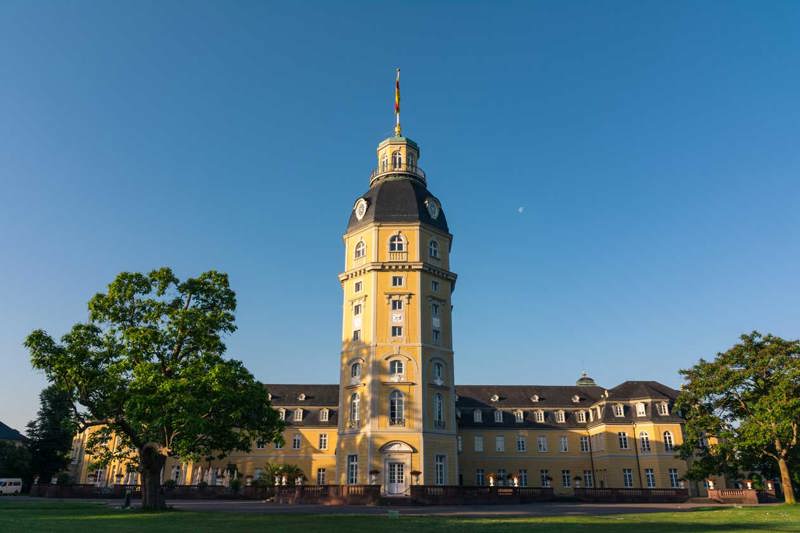
Copyright © Sisterscom.com / Depositphotos
Karlsruhe Castle
Karlsruhe Castle, constructed between 1715 and 1718, served as the residence and governmental center for the Margraves and later the Grand Dukes of Baden for nearly 200 years. In the 18th century, it acquired its current Baroque appearance through renovations led by Balthasar Neumann and executed by Albrecht Friedrich von Kesslau and Wilhelm Jeremias Müller, who connected the originally separate castle tower to the main building and added a dome. From the castle tower, one can admire the city's distinctive fan-shaped layout.
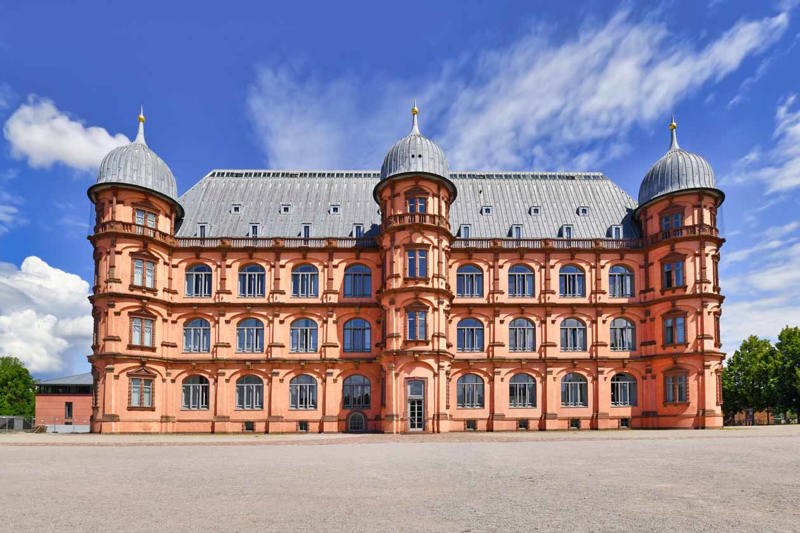
Copyright © Sisterscom.com / Depositphotos
Gottesaue Palace in Karlsruhe
Gottesaue Palace, located in the Ostauepark of the Oststadt district in Karlsruhe, is a Renaissance-style palace that has been destroyed and rebuilt several times throughout history. Originally designed as a summer residence by Johannes Schoch (1550-1631), the chief architect of Strasbourg at the time, it has housed the Karlsruhe University of Music since November 1989. The palace is situated at Am Schloss Gottesaue 7.
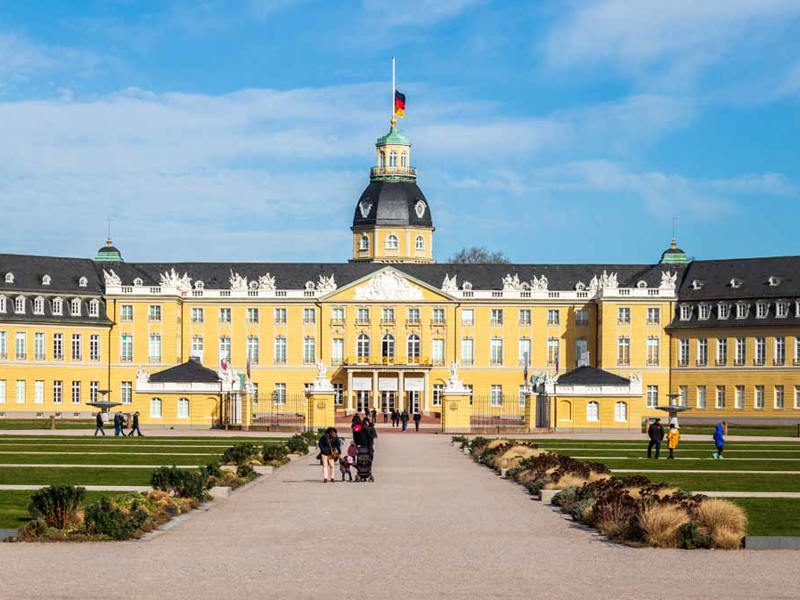
Copyright © Sisterscom.com / Depositphotos
State Art Museum of Karlsruhe
The State Art Museum (Staatliche Kunsthalle) at Karlsruhe Castle is one of the oldest art museums in Germany. Opened in 1846, it occupies three historic buildings facing the Botanical Garden. The museum houses German, French, and Dutch paintings, copper engravings, and one of the largest publicly accessible museum libraries.
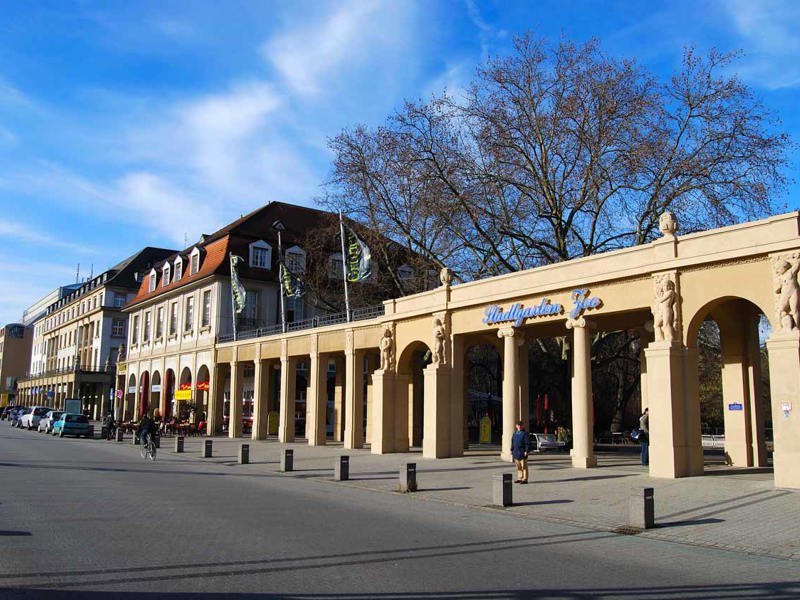
Copyright © Sisterscom.com / Depositphotos
Karlsruhe Zoological Garden
The Karlsruhe Zoological Garden features a park and zoo. Key attractions include the Exotic House with various tropical species, both plant and animal; the Rose Garden and the Japanese Garden with a Shinto shrine; and boat rides, navigating the lakes of the garden and Schwanensee.
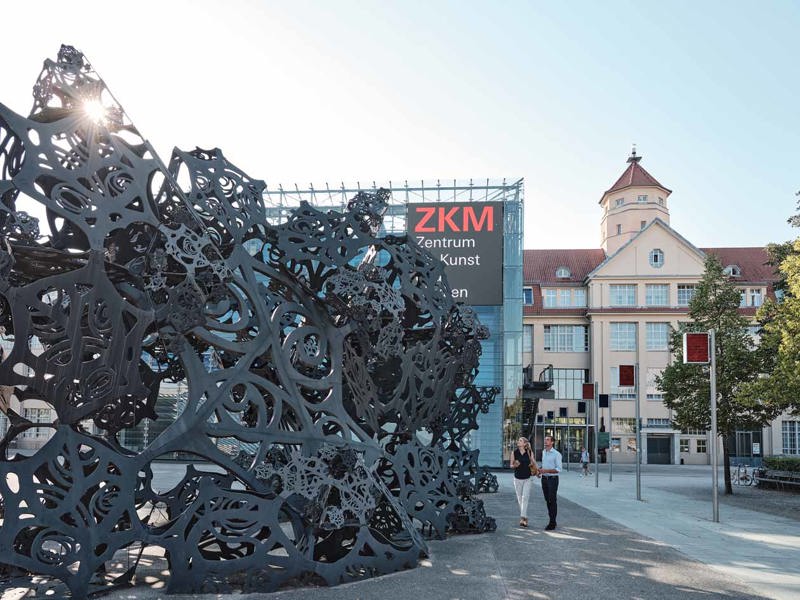 ZKM I Zentrum für Kunst und Medien Karlsruhe © KTG Karlsruhe Tourismus GmbH, Foto Christoph Düpper.
ZKM I Zentrum für Kunst und Medien Karlsruhe © KTG Karlsruhe Tourismus GmbH, Foto Christoph Düpper. ZKM (Center for Art and Media) in Karlsruhe
The ZKM is an interactive center encompassing all 20th and 21st-century media: painting, photography, sculpture, film, video, music, dance, theater, and performance. It is located in a former munitions factory at the Square of Human Rights, together with the Municipal Gallery and the State College of Design.
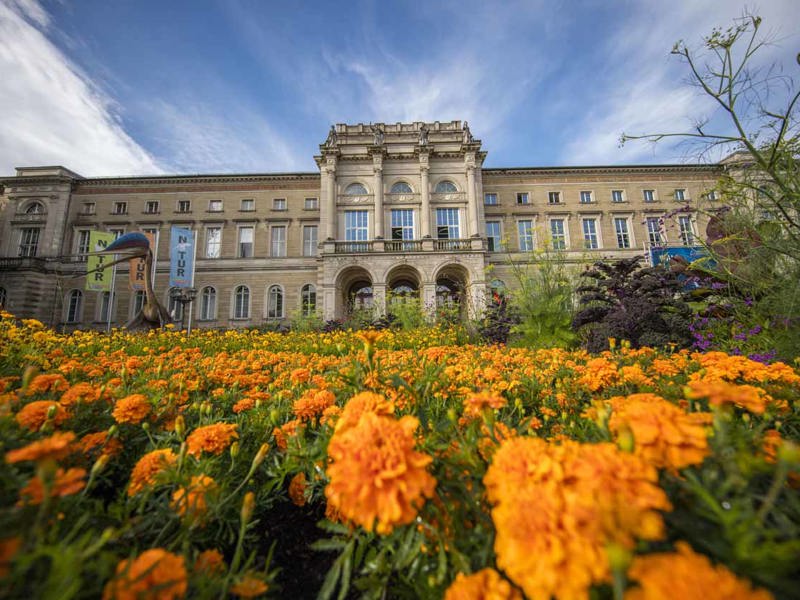 Staatliches Museum für Naturkunde © KTG Karlsruhe Tourismus GmbH, Foto Joachim Mende.
Staatliches Museum für Naturkunde © KTG Karlsruhe Tourismus GmbH, Foto Joachim Mende. State Natural History Museum of Karlsruhe
At the State Natural History Museum in Friedrichsplatz, Karlsruhe, visitors can enjoy fascinating exhibits such as a pterosaur model with a wingspan of 12 meters, an earthquake simulator, various minerals and fossils, as well as many living animals including insects, reptiles, fish, and more.
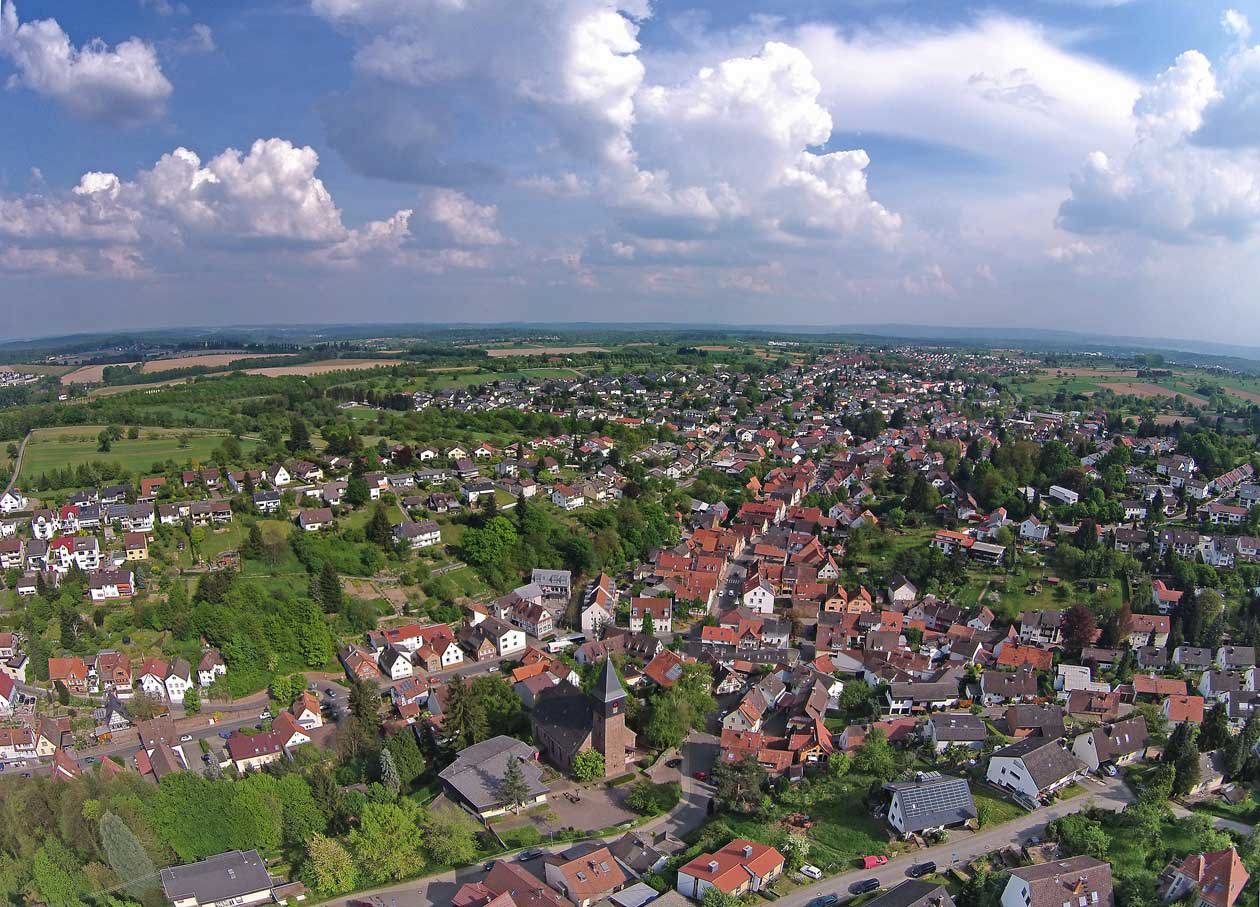
Copyright © Sisterscom.com / Depositphotos
Durlach and Turmberg Hill
The historic center of Durlach, about five kilometers from Karlsruhe, features a charming market square, ancient city walls, a castle square, and narrow alleys that evoke a distinct medieval atmosphere. A must-visit is the Turmbergbahn funicular, which ascends Karlsruhe Hill, providing spectacular views over the city. Opened in 1888, this ancient funicular connects the Durlach district with Turmberg Hill (256 meters high), overcoming a height difference of 100 meters over a 315-meter path. The hill is an ideal spot to appreciate the city's beauty from above, especially at sunset.
Partnership with GetYourGuide
Tours and excursions
News & Useful info
You might be interested in
Destinations found in the vicinity
Other destinations
Airports nearby Karlsruhe

